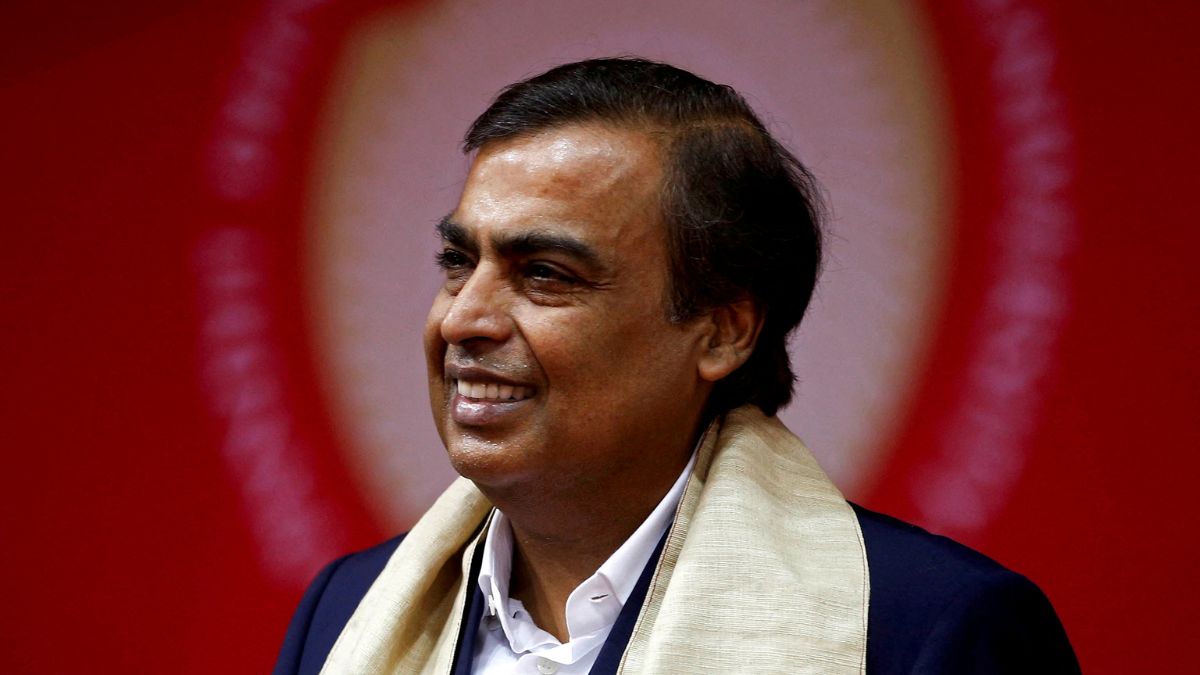Investors assumed that the US economy is unstoppable, that AI would revolutionise businesses everywhere, and that Japan wouldn’t ever hike its interest rates. When these were proven wrong, market trends unwinded, leading to global bloodbath in financial markets this week read more
)
Stock markets the world over were mauled by bears on Monday (August 3). AI-generated image via DALL-E
On Monday (August 5), investors saw billions of dollars wiped out as a mega crash hit stock markets the world over. Japan’s Nikkei plunged a whopping 12 per cent. Tech-heavy Nasdaq index in New York tumbled 6 per cent when trading began on Wall Street. South Korea’s Kospi sank 9 per cent.
The unwinding, or reversal of three trends was the reason behind this bloodbath in financial markets all across the globe. Was it the “Great Unwind”?
3 reasons behind the ‘Great Unwind’
For months, if not years now, stock markets the world over have seen solid gains. A string of key assumptions underpinned the trends that drove financial markets upwards.
Investors worldwide believed that the US economy is unstoppable, that artificial intelligence (AI) would quickly revolutionise businesses everywhere, and that Japan wouldn’t ever hike its interest rates so much that it would matter, according to Bloomberg.
Optimism regarding the US economy and technological advancement there led investors to make several high-risk investment decisions.
Similarly, it was the high hopes around AI that resulted in investors significantly inflating the value of stocks such Nvidia, whose shares have gone up by 1,100 per cent in less than two years.
The assumption that interest rates in Japan would remain low boosted carry trades. What that means is that investors were borrowing money at low-interest rates in Japan and investing it in higher-yielding assets in other countries, such as Mexico, which offered returns of around 11 per cent in bonds etc.
In recent weeks, all three of these assumptions were proven wrong. And those were the three reasons market trends reversed suddenly this week:
Recent economic data showed weaker-than-expected job growth in the US, spurring fears of a recession.
Simultaneously, disappointing AI-driven earnings reports from major tech companies led to huge sell-offs. Both those developments led to the unwinding of the investment inflow that were driving the stock market higher.
An unexpected rate hike by the Bank of Japan– the second one this year– forced investors to unwind their carry-trades so they could preserve their profits by paying off their loans before they got too costly.
“It’s the great unwind,” Bloomberg quoted Vishnu Varathan, head of economics and strategy at Mizuho Bank in Singapore, as saying.
Will the ‘Great Unwind’ sustain?
Whether Monday’s wild gyrations mark the final bang of a global selloff that started to build last week or signal the beginning of a protracted slump is impossible to know.
By late afternoon in the US, stocks recovered from their low, leaving the Nasdaq Composite Index down 3.4 per cent, and the bond market had steadied. On Tuesday (August 6), some of the worst-hit markets rebounded with key gauges in Japan soaring more than 10 per cent, though few were saying a bottom had been reached.
“I’m still concerned,” said Maley, the strategist at Miller Tabak. “We’re still worried about earnings and the economy.”

 1 month ago
10
1 month ago
10
)
)
)
)
)
)
)
)
)
)
)
)
)
)
)
)
)
)
)
)
)
)
)
 English (US) ·
English (US) ·